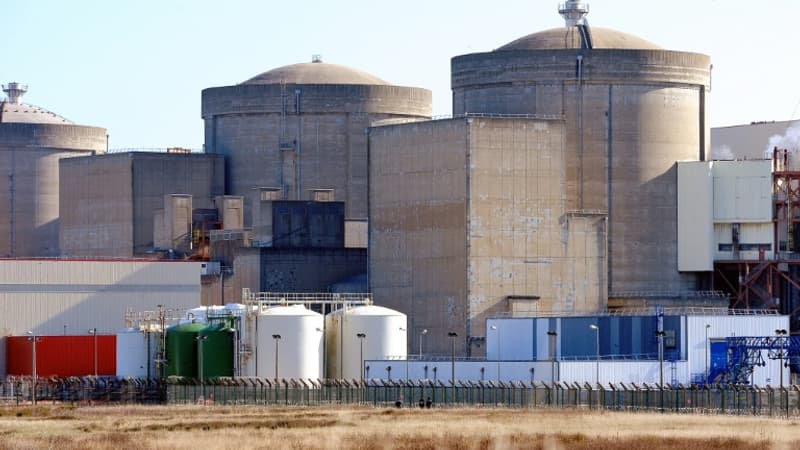While France is experiencing an energy crisis, the wage strike movement affecting refineries has spread to certain nuclear power plants. This movement aims to put pressure on the wage negotiations of the companies in the energy sector and in particular of EDF, where a first meeting is scheduled for Tuesday.
But what consequences for the French? “At the moment, users do not see the impact of this strike when they turn on the light at home, it is not like the strike at TotalEnergies,” Julien Lambert, federal secretary of the FNME-CGT, the energy branch of the Union.
But the actions of the strikers are concrete. At the Gravelines nuclear power plant, site employees blocked maintenance operations at reactor 4 and also caused power outages.
“At the moment there are not many problems because it is not cold: there is not a very strong demand for electricity,” explains Emmanuelle Galicher, professor-researcher in nuclear physics at the CNAM.
“We no longer have the right to make mistakes”
For EDF, the consequences are therefore essentially financial. And in the event of a long-term strike, the company can force its employees to restore 100% power.
“But this strike is a small grain of sand in an agenda under tension”, warns Emmanuelle Galicher. Because this new social movement could have consequences on the schedule for making nuclear units available on the network, with most of the plants on strike subject to maintenance operations.
France is weakened for the coming weeks as nuclear electricity production is at its lowest point, linked to work problems or corrosion in part of its nuclear reactors. And it can hardly count on its hydraulic production, reduced by the drought.
Source: BFM TV


